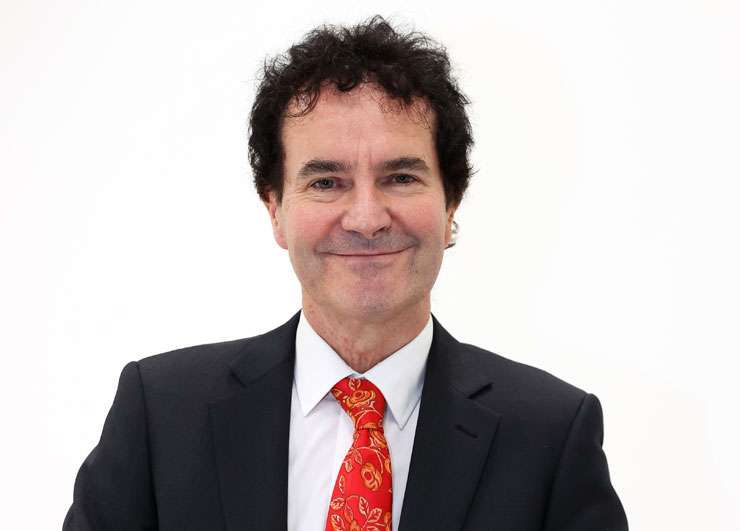New Zealand’s second nationwide lockdown may be having the same short-term impact on the economy and the same devastating effect on people who’s businesses are most affected as last year’s. But away from the hospitality and accommodation sectors, things are very different this time around.
Back in March 2020, none of us had any experience of what usually happens in a global pandemic or in and after a period of lockdown. Now we do. We know that during lockdown household bank balances build up because government support is boosted yet ability to spend is constrained. When freed, we catch up on delayed spending.
We know house prices do not collapse. In fact, last lockdown they fell 3% then soared 34%. We won’t see the same extreme rise in average prices this time around after we are freed, partly because we won’t see the same decline in the short-term.
We can explicitly see this from the results of my latest survey of real estate agents around the country undertaken with the Real Estate Institute of New Zealand (REINZ). The latest survey, which was started one week into lockdown, shows that a gross 71% of agents are seeing FOMO (fear of missing out) on the part of buyers. This is the highest result since March and compares with only 35% in April last year as we were in the middle of the lockdown.
Start your property search
Last April a net 17% of agents said that prices were falling in their location. Now, a net 59% say they are rising. Back then 55% of agents said that buyers were worried about prices falling (FOOP, or fear of over-paying). Now, only 23% see such worries.
Why is the residential real estate sector continuing to strengthen? Partly it is because of the recovery underway following the initial weakening after tax changes were announced on March 23. The monthly pace of increase in average prices has been accelerating for three months. Partly it is because people do not expect prices to fall. And partly it is because shortages of listings are much worse than back then. In fact listing numbers are around 30% lower than at the end of February last year.
Mainly though, it is probably because people do not fear job loss. Last year 48% of agents reported that the biggest worry expressed by buyers was losing their job. This time around that proportion is only 12%.
But there are some differences in the other direction. Last year a net 16% of agents said that they were seeing more investors. Now, a net 41% say they are seeing fewer investor buyers. The March 23 tax announcements have decidedly dented investor demand, especially for existing properties.
Also, last year a net 8% of agents said that they were receiving more enquiries from offshore. Now, a net 39% say such enquiries are falling.

Tony Alexander: “The Government will be watching the post-lockdown price bounce very closely.” Photo / Fiona Goodall
In addition, as we ponder how much house price inflation will accelerate when lockdown ends, it pays to remember that last time the Reserve Bank removed LVRs and cut interest rates 0.75%. Now, LVRs are back at tougher levels and interest rates will start rising as soon as the Reserve Bank is confident the lockdown will not have large sustained negative effects.
Also, average prices are now 31% higher than at the start of the 2020 nationwide lockdown and that means fewer people are able to afford a purchase. Plus, back then the borders were newly closed and $10 billion of spending we Kiwis normally do overseas was being diverted to other things like spas, home renovations, and property. Now, the borders are already closed and there is no fresh diversion of money.
The situation looks like one in which prices will rise through and after lockdown and because of that the Reserve Bank may feel inclined to raise interest rates at a fairly rapid clip in the next 12 months. More than that, if we get into early-2022 and house prices are rising at a pace above 10% per annum, don’t be surprised if the Government announces new measures aimed at curbing property demand from investors. It will be watching the post-lockdown price bounce very closely.
- Tony Alexander is an economics commentator and former chief economist for BNZ. Additional commentary from him can be found at www.tonyalexander.nz










































































